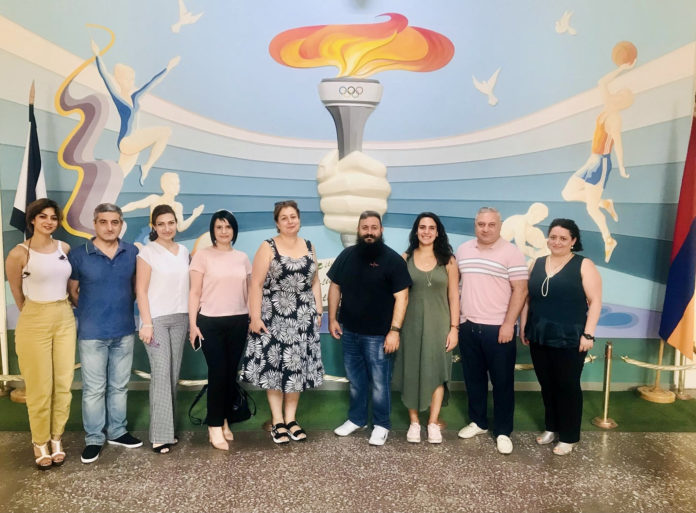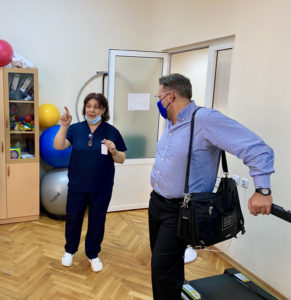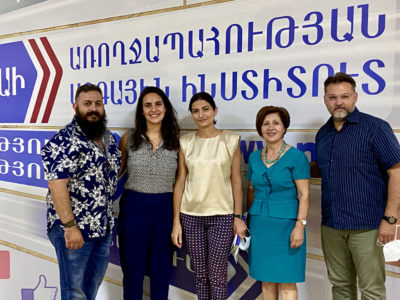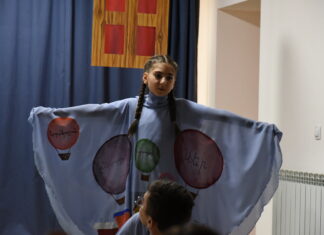YEREVAN — The 2020 Artsakh War placed an overwhelming strain on Armenia’s health system, presenting the challenge of managing thousands of wounded soldiers and displaced civilians during the COVID-19 pandemic. As the focus shifted from the war to rehabilitating the newly disabled, two diaspora organizations teamed up to support Armenian rehabilitation professionals. Together Therapists for Armenia and the Armenian American Sports Medicine Coalition (AASMC) provided clinical and educational support during and after the war through the establishment of a digital resource library, weekly bilingual webinars, multidisciplinary teleconsultation targeting evidence-based assessment and intervention, and a channel through which volunteer rehabilitation professionals could provide direct care and education in both Armenia and Artsakh.
Building on these efforts, the Post-Conflict Rehabilitation Virtual Symposium was held on July 17 and 18, welcoming more than 430 participants from eight countries: Armenia, Artsakh, the United States, Belize, England, Lebanon, Iran and Canada.
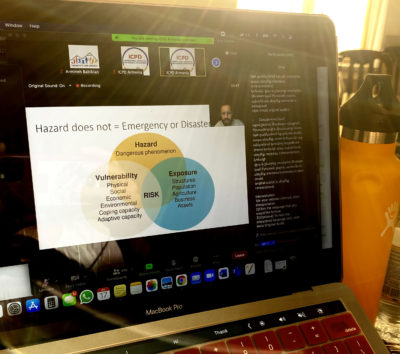
The symposium was a collaboration between Therapists for Armenia, AASMC, and the International Center for Professional Development, with the goals of stimulating interdisciplinary collaboration, addressing identified challenges related to post-war rehabilitation, facilitating connection with international experts, and bringing awareness to the unique challenges of post-war Armenia and Artsakh. The symposium organizing committee, led by chairwoman Armineh Babikian, invited presenters from various nations and organizations including the World Health Organization, American Physical Therapy Association, Columbia University, University of Toronto and Arabkir Medical Center.
The conference’s first day focused on clinical interventions, with an opening keynote presentation by Peter Skelton of the World Health Organization, who presented on the importance of rehabilitation in emergency and disaster relief. The second day emphasized community reintegration following combat injury with keynote speaker Dr. Michel Landry from Duke University, describing rehabilitation through the continuum of care.
The symposium covered topics such as the impact of traumatic brain injury on visual, motor, and language skills, wound care in low resource settings, peer support for limb loss, and transition to home following spinal cord injury.
There was an overwhelmingly positive response from both participants and speakers.



